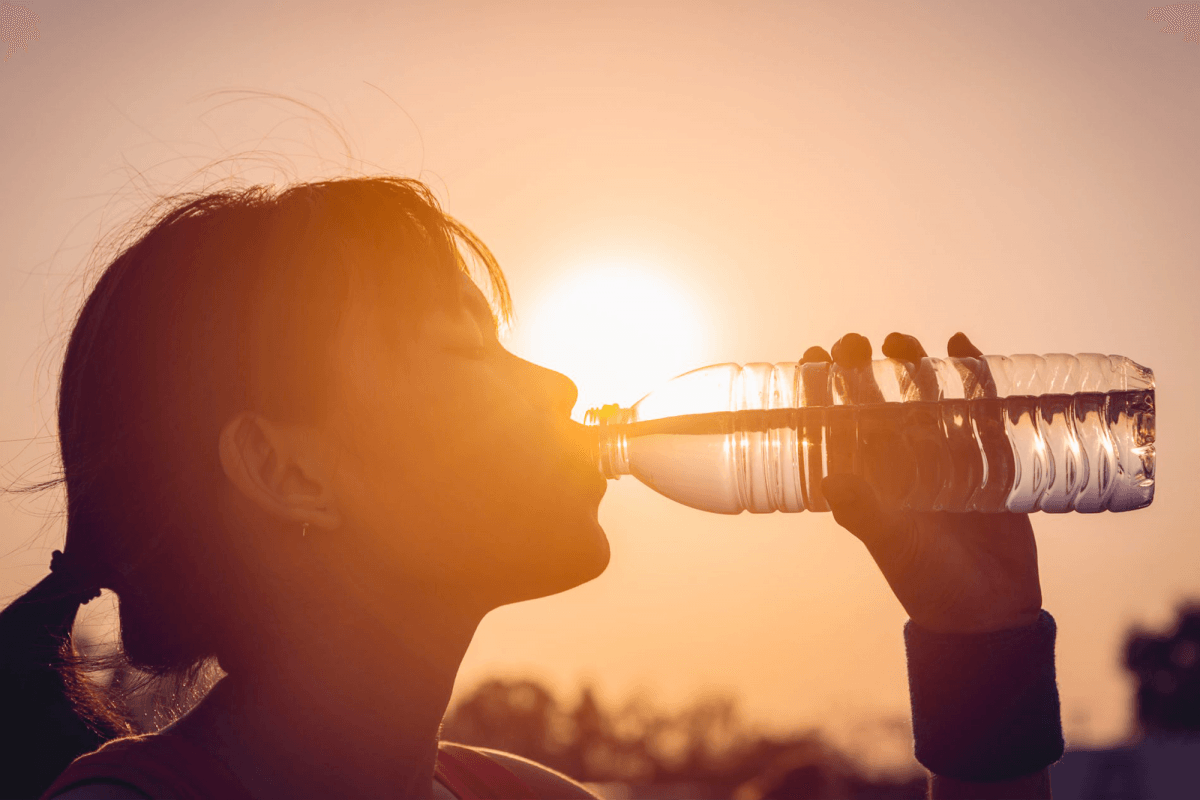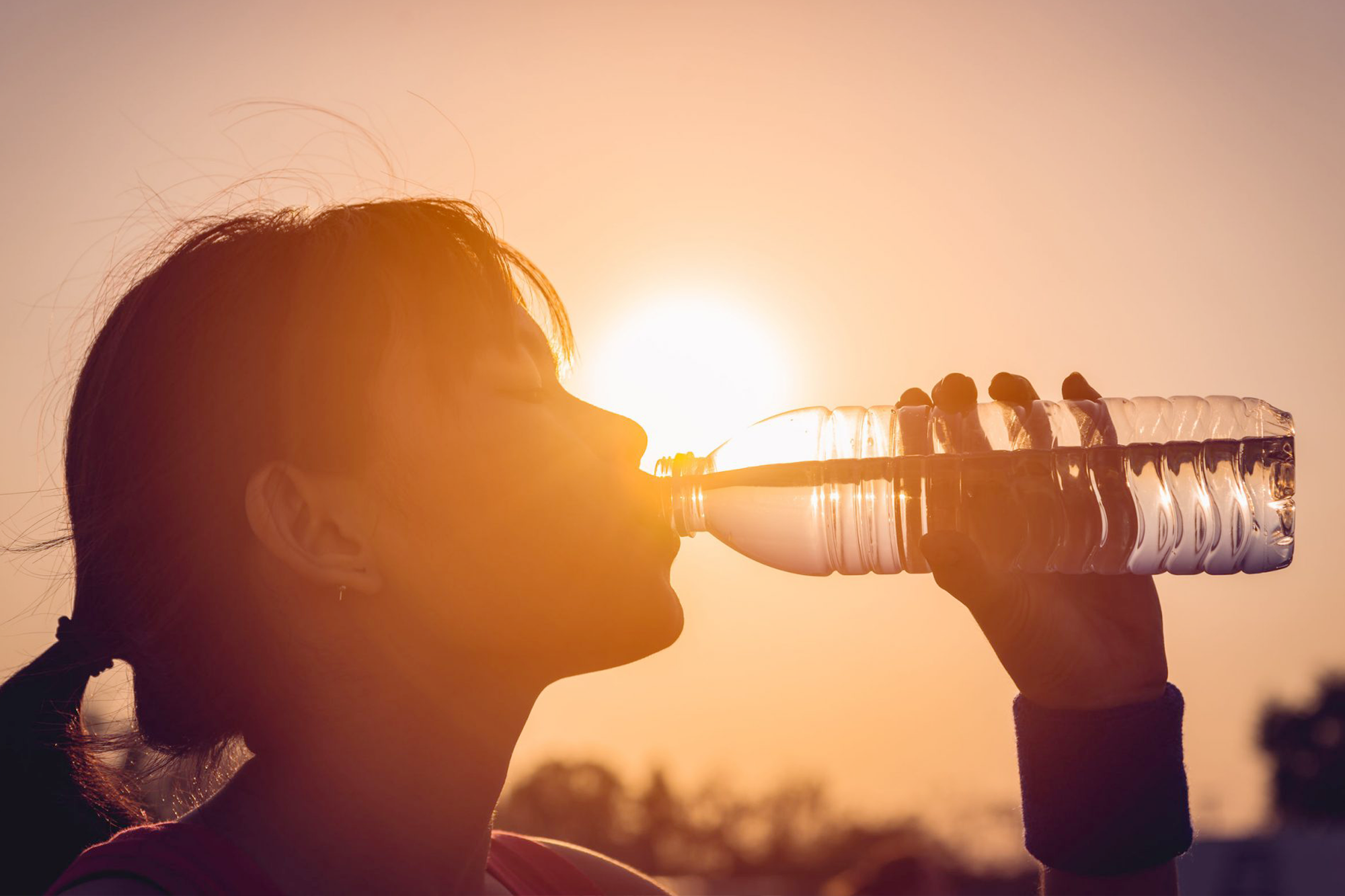Hot summers can drastically impact your respiratory health

Changes in temperature have a profound effect on the lungs. Hot, humid weather aggravate lung disorders that’s why hospitalization rates increase during the summer season.
The summer months can spell trouble for people with respiratory ailments. According to a research, the combined effect of hot air temperature and humidity can disrupt the body’s ability to cool itself. Taking into account air pollution, researchers found that respiratory-related hospitalization increases by over 90% during the summer season, especially among those over 75 years old.
Common Summer Respiratory Issues:
Asthma is an inflammatory disease characterized by recurrent obstruction of airflow to the lungs. Symptoms include wheezing, difficulty in breathing and chest tightness. Hot, humid environments and allergens often trigger this condition. Summer season increases the moisture level in the air. And this increases the presence of airborne allergens – such as dust mites or pollen – into the air. Recurring summer rains and higher temperature during the day heightens the effects of allergens on the lungs. This inevitably leads to an asthma attack.
Anxiety-Related Respiratory Issues
Studies show that damp, hot weather increases the risk of shortness of breath caused by anxiety and depression. Summer season is particularly stressful especially for those who are sensitive to heat. As the body is bogged down by the high temps, it will work extra hard to cool itself down. When this happens, you will take in more air. Stress combined with utilization of more air leads to shortness of breath associated with either depressive disorders or anxiety.
Heat Stroke
Sustained exposure to hot and damp climate increases the risk of heat stroke. The common signs and symptoms of heat stroke include dizziness, exhaustion, disorientation, severe headaches, and seizures. Heat stroke can be fatal if the patient is not rushed to the hospital immediately.
How to Avoid Summer-Related Respiratory Problems :
Stay Indoors in Air-Conditioned Room
Summer’s not the best time to stay outdoors. You can avoid common summer allergens by reducing the length of time you stay outdoors. And if you’re indoors, we recommend staying in an air-conditioned room. The air conditioner will keep the air dry and cool, not warm and damp. The cool air will reduce the likelihood of asthma and other respiratory ailments triggered by summer days.
Wear Light Clothing
If you must head out, make sure to wear light clothing. Lighter clothing allowed moisture to dissipate into the air, effectively cooling the body. Thick, dark-colored clothing tend to trap moisture near the skin, causing body temp to shoot up. It helps if you can wear a dust mask to protect yourself from dust and pollen.
Stay Hydrated
You sweat more during the summer season so it’s important to replenish lost body fluids. Drink plenty of water and avoid caffeinated drinks or sugary beverages. Stick to plain water.
Reduce Indoor Heat
We recommend limiting the use of heat-generating appliances in your home during the summer season. These appliances include ovens, stoves, dishwashers and even clothes dryer. When you use any of these appliances often, the indoor temperature in the home will rise quickly too.
Keep Medication Handy
For those suffering from lung diseases, keep your medications handy at all times. Take preemptive measures to reduce the likelihood of an attack if necessary.
Some points to remember when it is hot and humid:
- Stay indoors in an air-conditioned place with good indoor air quality.
- Keep your windows and doors closed to keep your house cool and keep pollutants out.
- Keep your curtains and blinds drawn to keep out the heat. Turn on fans. At night, if you don’t have air conditioning and there are low levels of air pollution outdoors open your window to let the cooler air in.
- Keep your rescue medicine (usually a blue inhaler/puffer) with you, take your medication regularly.
- Avoid strenuous activities, hard work and reduce the amount (or length of time) of exercises during these times.
- Look up your air quality readings, either through an air quality index or air quality health index and learn how air quality can affect you.
- Drink plenty of water.
- Wear loose, cool, and light-coloured clothing and a hat if you go outdoors.
- Avoid exercise, especially during the hottest time of the day (generally between 11:00 AM and 3:00 PM)
Request a call back



 Call-an-Ambulance
Call-an-Ambulance



